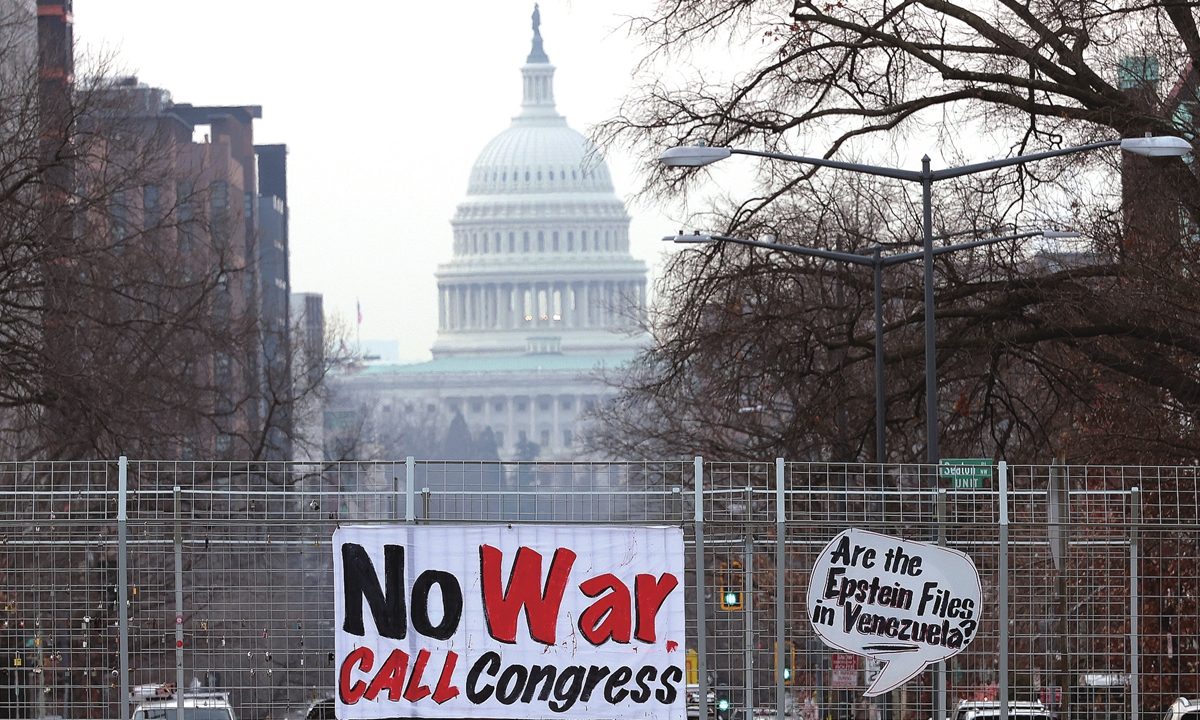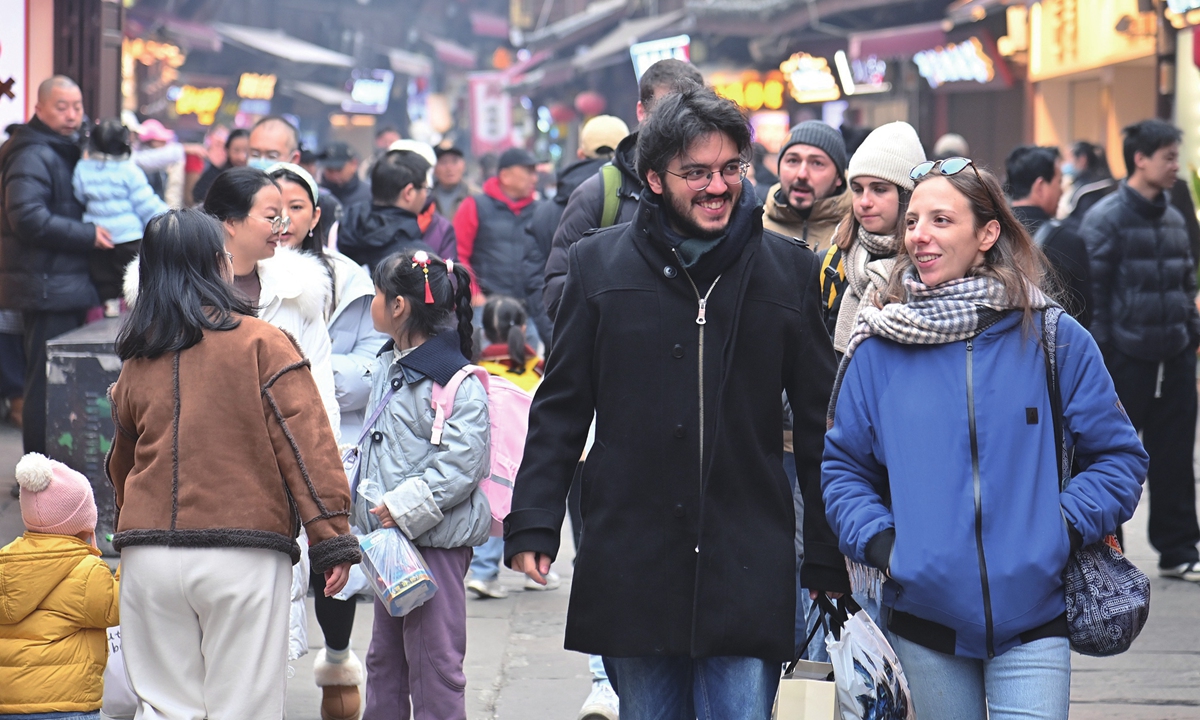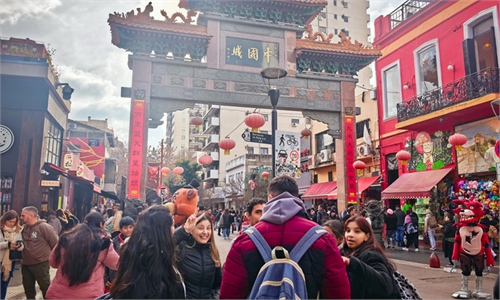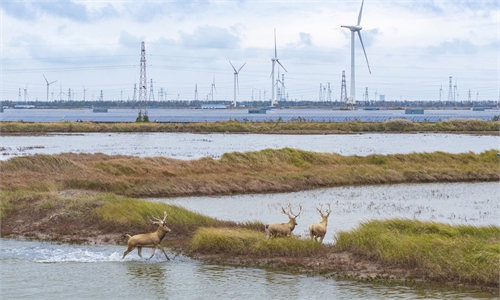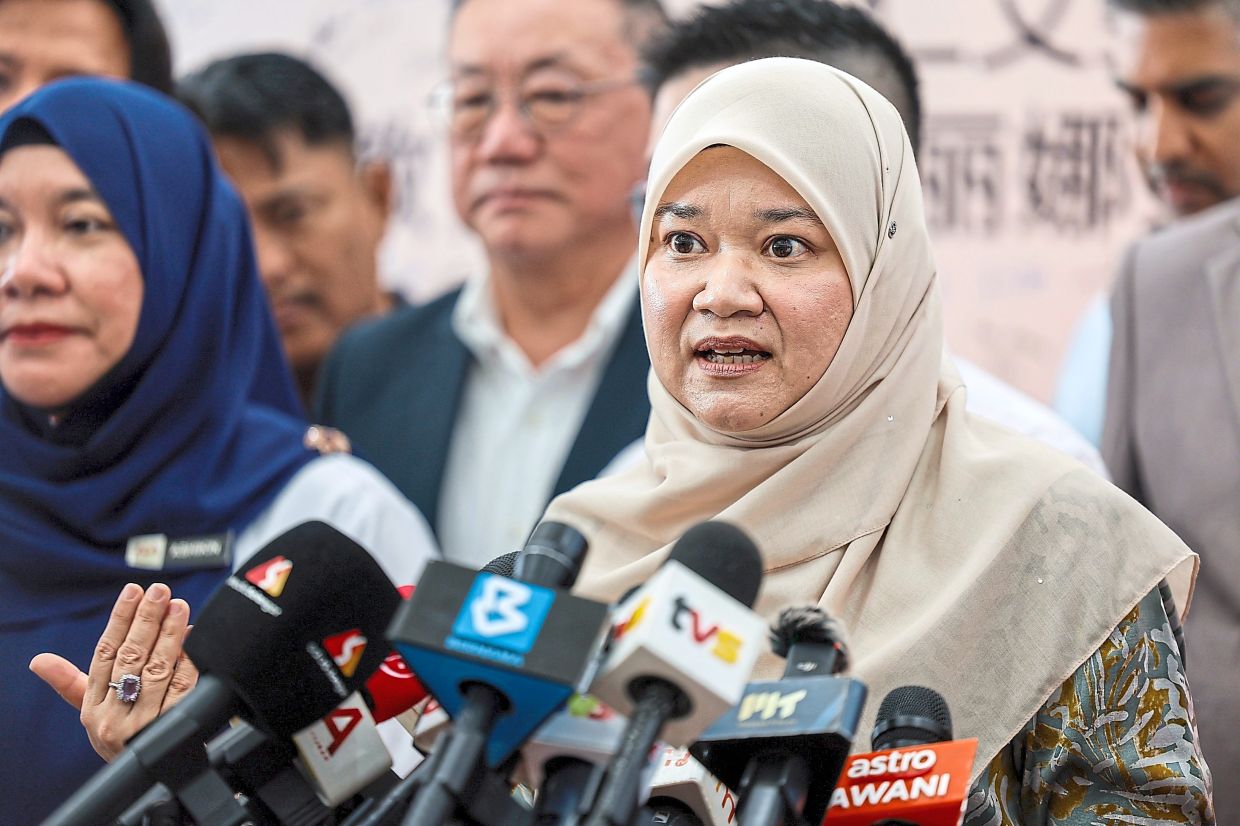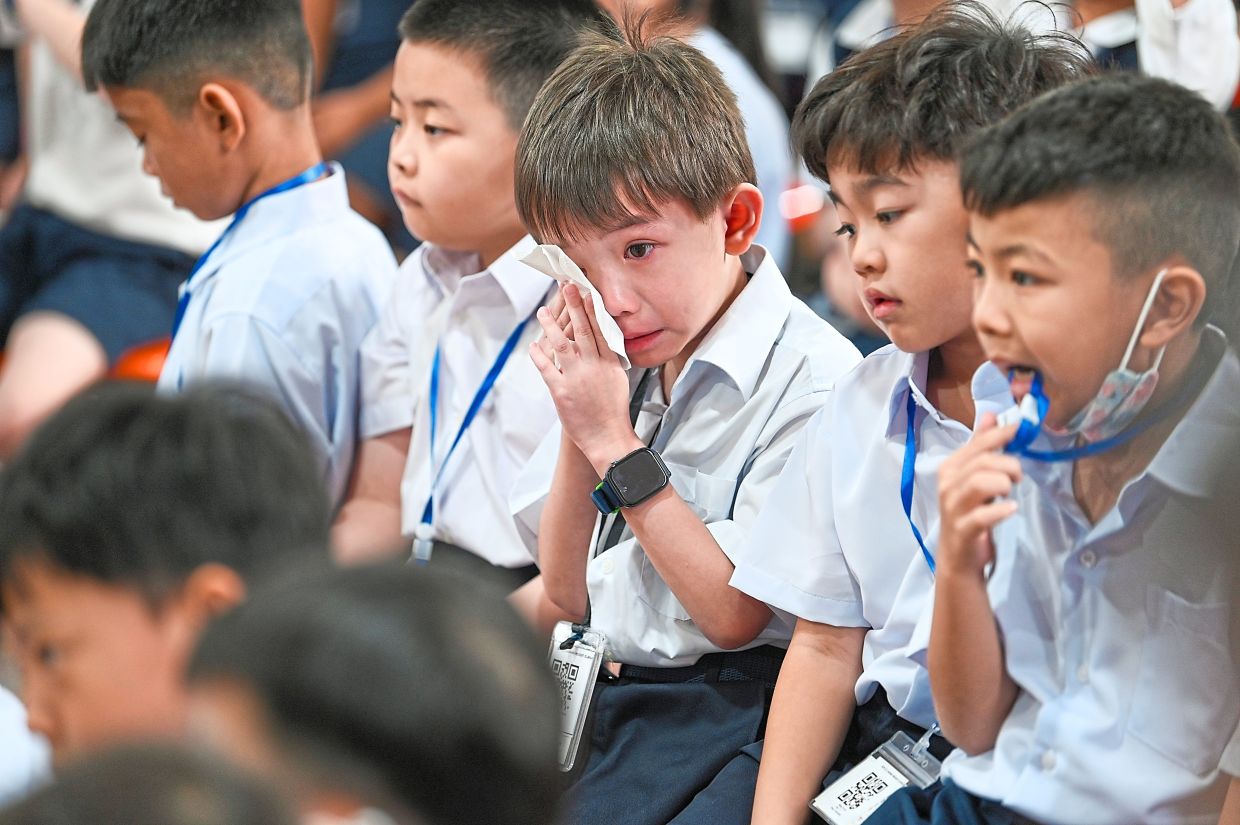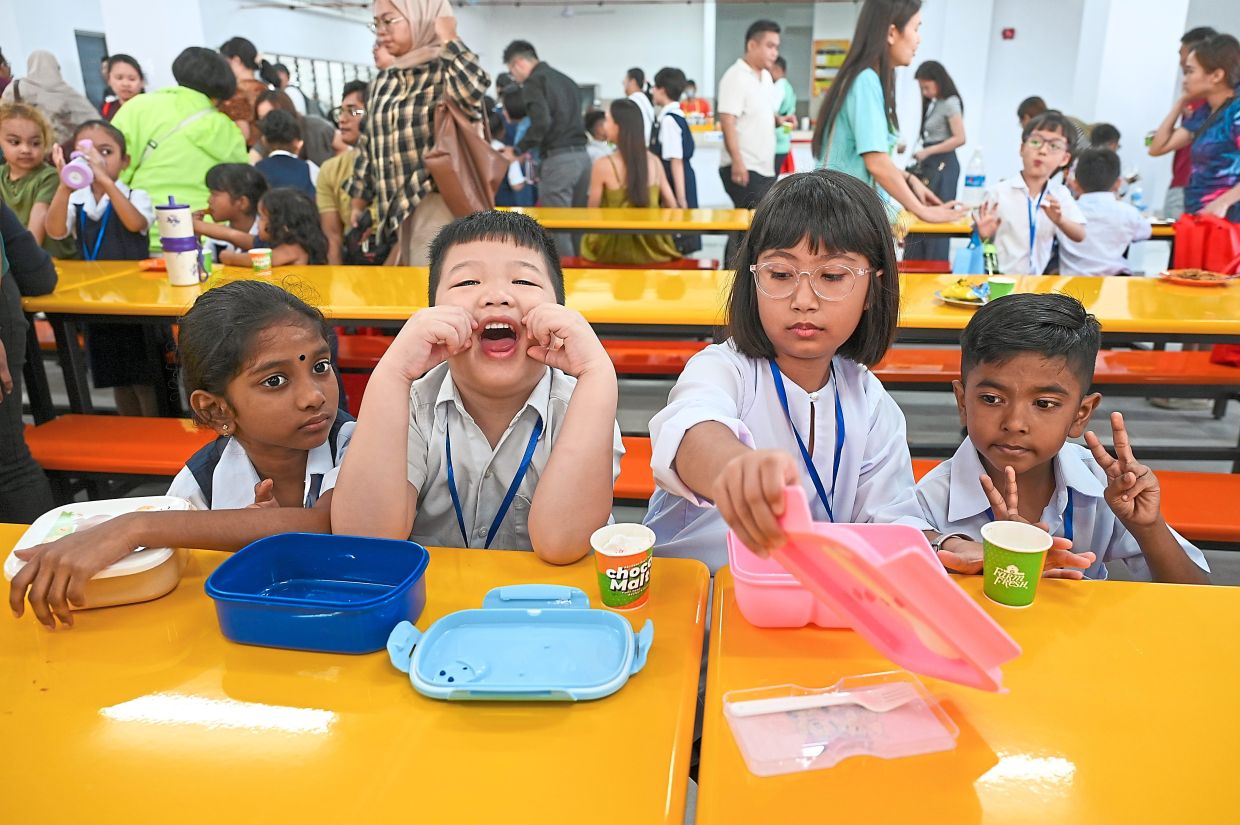Protestors hold signs as they gather for an "Invasion Day" rally on Australia's national day, Australia Day, in Melbourne, Australia January 26, 2026. REUTERS/Hollie Adams
SYDNEY, Jan 26 (Reuters) - Thousands marked Australia's national day on Monday by attending "Invasion Day" rallies in support of Indigenous Australians and calling for unity,while separate anti-immigration protests also drew crowds.
Australia Day commemorates the day Britain established the state of New South Wales as a penal colony, with the arrival in Sydney of ships bringing colonists and convicts.
However, for many Indigenous Australians, who make up about 4% of the country's 27 million people, the holiday is known as "Invasion Day" and marks the destruction of their cultures by European settlers.
At Sydney's Hyde Park, the annual "Invasion Day" rally started at 10 a.m. (2300 GMT) with a tribute to those killed by a gunman in a NSW rural town last week.
Indigenous speakers also talked about land repatriation, the high number of deaths of Aboriginal people in police custody and the need to stay united against increasing nationalism with the right-wing opposition in disarray and Pauline Hanson's populist One Nation party rising in the polls.
Australia - where one in two people is either born overseas or has a parent born overseas - has seen record-high immigration in recent years, fuelling discontent among some voters amid soaring costs of living and a housing shortage.
"We need a coalition of all new Australians because if it wasn't for immigrants, Australia would have perished," Aboriginal woman Gwenda Stanley told the rally, as she condemned Hanson.
"So don't just stand with us today. Stand with us every day."
Every year on January 26, protesters rally against the mistreatment of Indigenous people, demanding the government drop the Australia Day celebrations or move the date. However, a survey by the Sydney Morning Herald newspaper on Sunday showed a record number of Australians wanting to maintain the holiday on the same date.
Nearby, anti-immigration demonstrations began at noon as protesters, estimated in the hundreds by local media, arrived carrying Australian flags on poles. March for Australia, which has been criticised for alleged links to neo-Nazi groups, organised the demonstration.
Similar events - "Invasion Day" rallies and March for Australia protests - are being held across the country.
Earlier in the day, in a speech as he presidedover an Australia Day citizenship ceremony, Prime Minister Anthony Albanese called for unity, not division.



